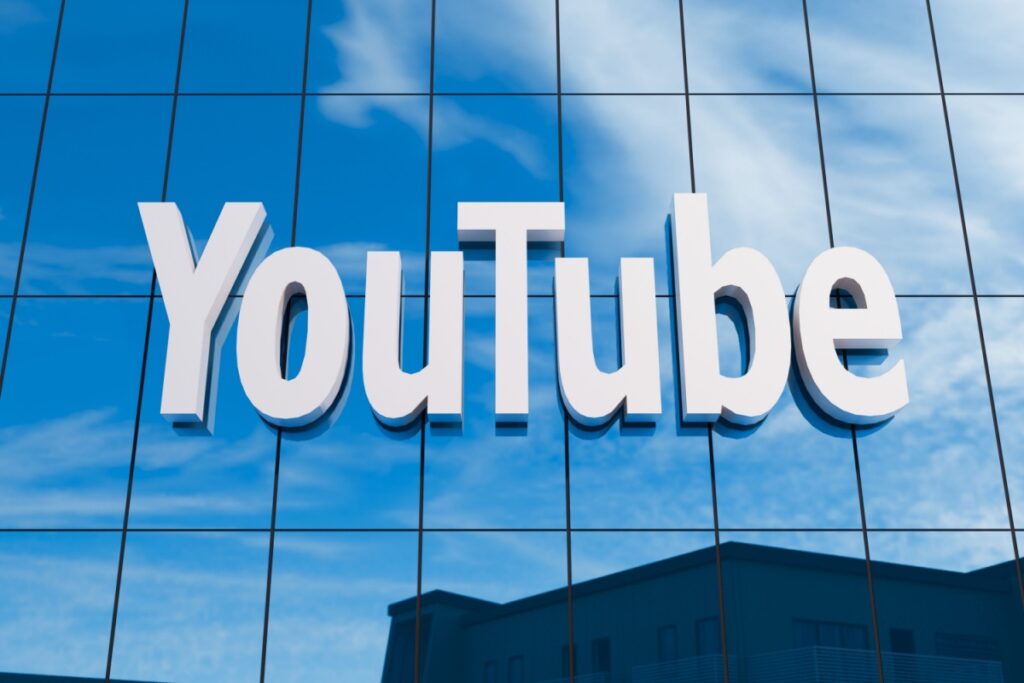Google’s YouTube has agreed to pay $24.5 million to resolve a long-running lawsuit filed by Donald Trump, stemming from the suspension of his account after the January 6, 2021 Capitol attack. The payout is structured such that $22 million will be contributed toward a Trust for the National Mall fund to assist in financing a White House State Ballroom tied to Trump’s proposals. The remaining $2.5 million will be distributed among other plaintiffs named in the suit, including Naomi Wolf and the American Conservative Union.
Settlement Terms and Allocation Details
The settlement agreement explicitly states that no admission of liability or fault is made by YouTube or Google. Documents filed in the U.S. District Court in California outline that the settlement was reached ahead of a scheduled October 6 hearing before Judge Yvonne Gonzalez-Rogers.
Background of the Dispute
Following the January 6 assault on the U.S. Capitol, YouTube removed one of Trump’s videos and barred him from uploading new material, citing concerns it violated content policies and posed risk of incitement. The channel remained suspended for uploads until it was reinstated in 2023, after YouTube reassessed the risk of “real-world violence.”
At the time he filed the lawsuit (mid-2021), Trump claimed the suspension amounted to censorship of his free speech. Legal observers initially regarded the case as unlikely to prevail, given the complexity of applying First Amendment arguments to private platforms.
Comparisons With Other Tech Settlements
YouTube’s resolution marks the third significant settlement Trump has achieved with a major tech company over post-presidency account suspensions. Earlier in 2025, Meta Platforms (owner of Facebook and Instagram) settled for $25 million, promising a portion toward Trump’s presidential library and legal expenses. In February 2025, X (formerly Twitter) agreed to a $10 million settlement in a similar lawsuit. This patterned sequence of settlements underscores the evolving legal and corporate landscape around content moderation and high-profile political accounts.
Despite the sizes involved, the financial impacts are modest for Alphabet, Google’s parent company, which is valued in the trillions. Google acknowledged the settlement but declined further comment on the terms or process.
Implications for Platform Moderation and Litigation Risk
The YouTube settlement arrives amid mounting tension between free speech claims and platform moderation responsibilities. As Trump’s lawsuits against major social media firms are resolved, questions persist over how tech companies balance internal policies, political pressures, and legal risk.
Beyond tech, Trump has pursued legal action against media and entertainment companies, prompting settlements with ABC News and Paramount in claims of defamation or editorial manipulation. Critics warn the trend may chill coverage or exert undue influence over journalism. Meanwhile, the restoration of suspended accounts and the willingness of platforms to negotiate under legal pressure reflect shifting norms in how content moderation and political speech intersect in the digital age.


